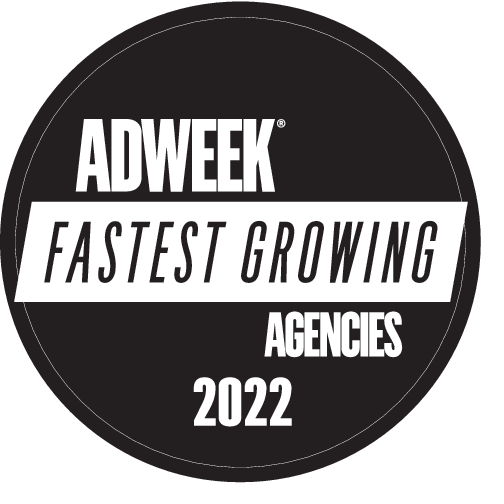
Navigating a transitional time within a company comes with many challenges, especially when it comes to communicating that transition to a target audience. As many companies look to adopt environmentally-friendly practices, we want to highlight the unique opportunities and challenges this can create for marketing teams. Sustainability efforts are a positive step for a company however, they can often be met with push-back from consumers if the efforts seem inauthentic or inadequate. In this blog mini-series, we’ll examine key tactics marketers can use to ensure their brand’s sustainability efforts are communicated effectively. First up, we’re examining the importance of authenticity through the lens of the clean energy industry.
For companies in industries that are not traditionally known for “green” practices, such as construction, transportation, or material handling, launching a clean energy initiative is a bold step toward improved sustainability. These industries have the potential to make a significant impact on overall carbon emissions by converting from fossil fuels to hydrogen or electric-powered equipment. However, communicating these transitions can be difficult for companies with a legacy of using fossil fuels. Sharing messages that are not perceived as performative or “greenwashing” is key to successfully communicate new sustainability messages.
When sharing new clean fuels initiatives, companies with a legacy of operations that generate higher levels of carbon emissions need to be mindful of audience perception. Launching new sustainability efforts is commendable, but should be done with honesty and authenticity. Companies with a history of high fossil fuel consumption should showcase the strengths they can bring to moving the clean energy industry forward. Their experience in creating efficient operations processes and in navigating complex logistics is an asset in establishing “best practices” for other businesses to emulate when transitioning their operations to clean fuels.
Brands seeking to incorporate clean fuels into their operations should focus their messaging on their goals and process, not solely on their achievements. This ensures that audiences see sustainability as incremental, with the process taking precedence over perfection. Touting achievements too soon after launching a sustainability initiative can be seen as “greenwashing” rather than an authentic change based on company-wide values.
Another means of bridging the gap between a company’s previous high-emissions operations and new sustainability efforts is to emphasize the company’s values that influenced both its past and present. Showcasing that the company values have not changed but that the means by which they seek to achieve those outcomes is adapting is an honest way of illustrating the “why” behind a company’s move toward clean energy.
In summary, for marketers looking to share a company’s clean energy journey, especially companies that were previously fossil-fuel dependent, authenticity is the key. Showing the process by which a company plans to meet its sustainability goals, using operational strengths to help bolster others’ efforts in decreasing emissions, and emphasizing the company values that drive sustainability initiatives will help communications be more impactful and authentic.











